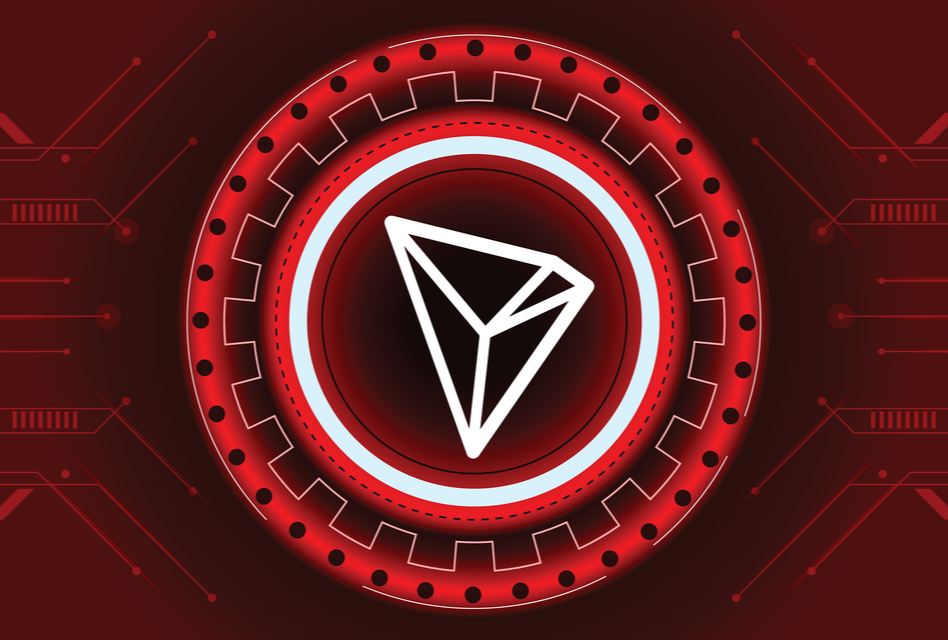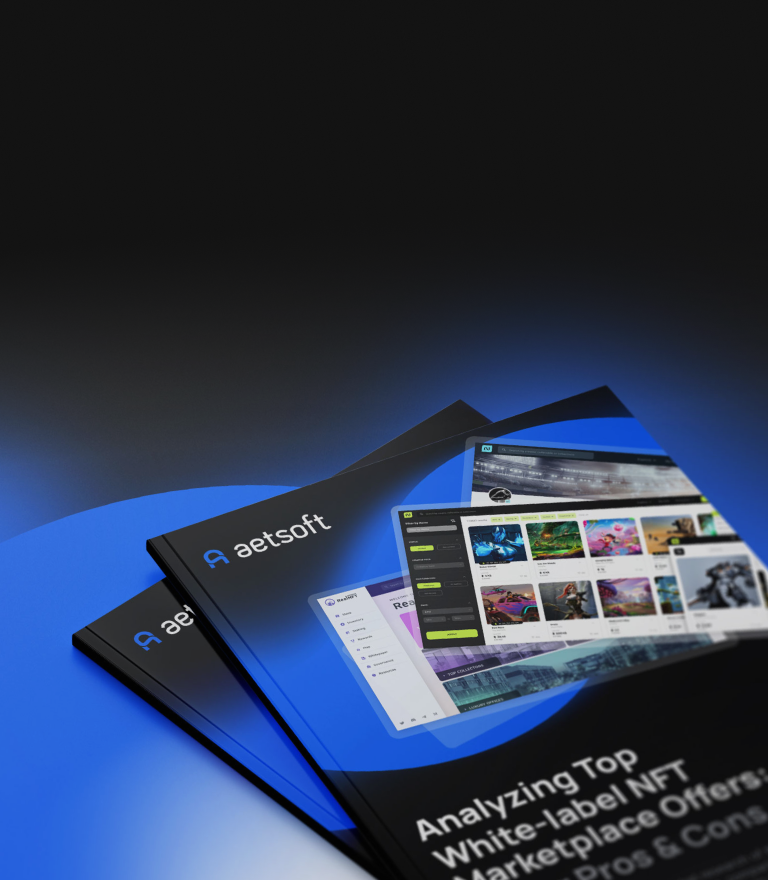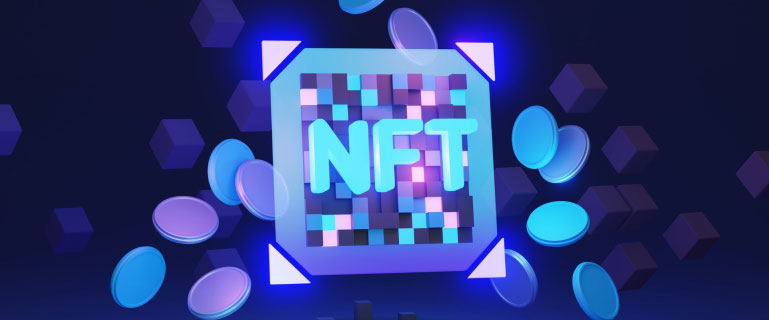About Tron
Tron is both a DLT-based blockchain designed specifically for the entertainment industry and a content platform powered by smart contracts. The project was launched in 2017 in the form of an ICO. Since that time, it has managed to raise $70 million through investing.
Tron is an open-source blockchain for running decentralized applications. It quickly became the fastest-growing decentralized public blockchain, competing primarily with Ethereum. As in the latter case, Tron seeks to improve the DeFi sector, covering such industries as gaming, gambling, finance, and others.
Why has the focus been made on these industries? Tron was initially designed to serve the extensive Chinese market’s needs first, and China is the country with its own specifics and interests. And Tron successfully meets this goal, sidestepping Ethereum with lower transaction fees and faster processing times. Also, Tron partially modified some well-known Ethereum applications.
Now, let’s see what Tron applications are the most popular.
Trendy Tron Applications
Tron Gambling Dapps
Perhaps, one of the most popular Tron’s use cases is online gambling. Thanks to the tremendous capacity of the Tron blockchain, it can handle thousands of users simultaneously, providing each with the same-quality user experience. The principles of fairness, transparency, and equalized wealth distribution allow all stakeholders to benefit from online gambling.
The WINk (former TronBet) platform offers users exactly this experience. It has several betting games, including dice, ring, duel, poker, slots, and others, all based on the decentralized gambling rules. Indeed, in its current form, WINk much resembles conventional centralized online casinos.
Besides the wide choice of games, players can benefit from dividend payouts if they stake tokens natively supported by WINk (such as TRX, LIVE, and others).
Tron Exchanges
Of course, Tron is a good fit for decentralized exchanges. Tron smart contracts ensure safety, transparency, and automation of executed tasks. Poloniex, the first decentralized exchange running on Tron, allows users to exchange Tron tokens for TRX with no transaction fees.
Smart contracts handle all transactions in the network, carrying out exchange operations through users’ wallets. Every transaction record is reliably stored on the blockchain. Unlike centralized exchange platforms, you don’t have to apply to some help-desk person on decentralized ones if you encounter a technical issue; rather, all issues are immediately visible to the whole network.
Currently, TRX Market has more than a couple thousand active users daily, with nearly 20k transactions.
Tron Casinos
Think about Tron as the backbone of online casinos where all gaming magic takes place. For example, Good Luck Casino provides an opportunity to try luck in games like blackjack, roulette, hold’em poker, and others, offering a bonus of 50 TRX to those who registered.
Additionally, users can earn dividends by having their GLC tokens (if any) “burned” or “frozen.” In the first case, this means putting tokens into the pool. Then, the selected participants are chosen based on the lottery principle at the end of each week. These lucky ones get 50% of the profits earned to the pool during the week.
Those who decide to “freeze” their tokens, stake those at the casino. They receive 25% of the weekly profits, which seems less risky than the first option.
Tron MMORPG
Tron Legend was an online game that showed that Tron could be used as the base for MMORPGs. The game mechanic was based on innovation and collective task-solving. Unique design and events triggered through smart contracts allowed players to enjoy the benefits of Tron blockchain’s ecosystem, and distribute the dividends earned on the platform among wallets. Moreover, there were built-in tools for creating your own game!
Tron NFT Marketplaces
Not the real-life example, rather just the case. Think of an NFT-based Tron marketplace for painters, musicians, and other creators where they could tokenize their works. Thanks to Tron’s interoperability, they could trade NFTs without strict reference to a particular marketplace, benefitting from multi-currency support, bundling, and other related functionality.
Thanks to Tron’s feature as high liquidity, creators could use their tokens as collateral for cash or liquid money. The liquidity itself is ensured through the constant growth of the user base.
More, Tron can establish a single trading standard on the marketplace, according to which there should be universal rules of funds’ transfer, ownership, and access control. Ultimately, thanks to smart contracts, tokens can become truly unique. The system will automatically enforce individual properties on them and limit the volumes of work to be converted into NFTs.
Is It Worth Investing in Tron Now?
We can see that Tron is a budding blockchain framework, but is it really worth your attention? We’d like to conclude the article by answering this disturbing question. Tron has strong potential on the market in the short-term perspective, yet the situation is more unpredictable in the long run, as no one knows how the market will behave.







